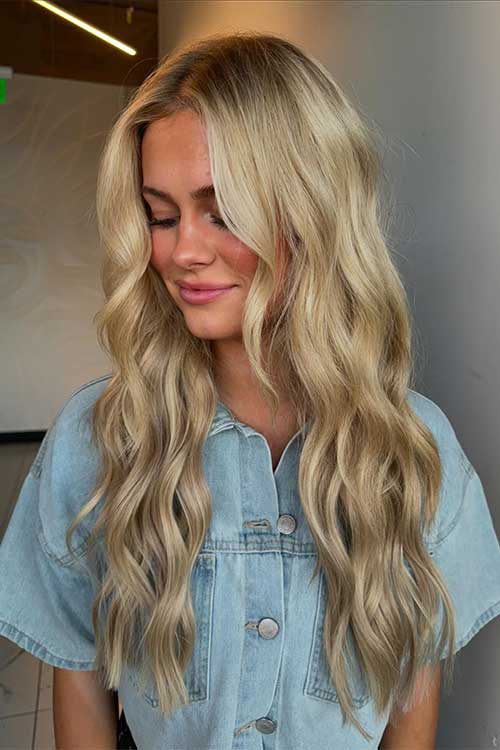Moisturizing natural hair is essential for its health, shine, and manageability. Dry hair can lead to breakage and frizz, making it crucial to establish a solid moisturizing routine. Here are seven effective ways to ensure your hair stays hydrated, along with insights on the best products for moisturizing natural hair.

7 Effective Strategies for Moisturizing Natural Hair:
1. Start with Water-Based Products
Water serves as the main source of hydration for your hair. When looking for the best products for moisturizing natural hair, always choose those with water as the first ingredient. Creamy moisturizers that contain humectants like glycerin and aloe vera can also attract moisture to your strands, enhancing hydration.
2. Incorporate Leave-In Conditioners
Leave-in conditioners are an excellent method for maintaining moisture in your hair throughout the day. They provide a continuous source of hydration and help detangle your hair. Look for leave-ins that contain nourishing ingredients such as shea butter or coconut oil, which not only moisturize but also protect your hair from environmental damage.
3. Use Oils and Butters to Seal Moisture
After applying your moisturizer, seal in that hydration with oils or butters. Products like jojoba oil, castor oil, or shea butter work effectively to lock in moisture and prevent evaporation. This step is crucial in maintaining moisture levels, especially in dry climates or during winter months.
4. Deep Condition Regularly
Deep conditioning treatments should be a fundamental part of your hair care regimen. Aim to deep condition at least once a week using products rich in moisture-boosting ingredients. Look for deep conditioners that include honey, avocado oil, or argan oil, which can penetrate the hair shaft and provide intense hydration.

5. Stay Hydrated Internally
Remember that hydration starts from within. Drinking plenty of water daily supports overall health and helps maintain moisture levels in your hair. Strive to drink at least eight glasses of water daily to ensure both your body and hair stay hydrated.
6. Protect Your Hair While Sleeping
At night, protect your hair by using a satin or silk scarf or pillowcase. Cotton draws moisture away from your hair, resulting in dryness and breakage. A satin or silk covering will help retain moisture while minimizing friction as you move during sleep.
7. Experiment with the Best Products for Moisturizing Natural Hair
Discovering the right products can involve a process of experimentation and adjustment. What works for one person may not work for another due to differences in hair type and porosity. Some highly recommended products include:
- Shea Moisture Coconut & Hibiscus Curl & Shine Conditioner: Great for adding moisture while enhancing curl definition.
- Mielle Organics Pomegranate & Honey Leave-In Conditioner: Perfect for thick, curly hair types needing extra hydration.
- As I Am Double Butter Rich Daily Moisturizer: A rich cream that provides lasting moisture without weighing down your curls.
By incorporating these seven strategies into your routine, you can effectively learn how to moisturize natural hair and keep it healthy and vibrant. Keep in mind that consistency is crucial; consistently applying these techniques will produce the best results over time!

FAQs about Moisturizing Natural Hair
1. How frequently should I hydrate my natural hair?
You should aim to moisturize your natural hair daily or every other day, depending on your hair’s needs and environmental conditions.
2. Can I use regular lotion on my natural hair?
It’s best to use products specifically formulated for hair care, as regular body lotions may contain ingredients that can weigh down or irritate your scalp.
3. What are some signs that my natural hair is dry?
Signs of dry natural hair include brittleness, frizz, lack of shine, tangling, and split ends.
4. Is it necessary to deep condition my natural hair?
Yes! Deep conditioning is crucial for restoring moisture and elasticity to your natural hair, especially if it’s prone to dryness.
5. How do I know which oils are best for my natural hair?
The best oils depend on your specific hair type and porosity; lighter oils like argan oil work well for fine hair, while heavier oils like castor oil are great for thicker textures.
Finally, by addressing these common questions about moisturizing natural hair, you can further enhance your understanding of how to keep your locks healthy and hydrated!
